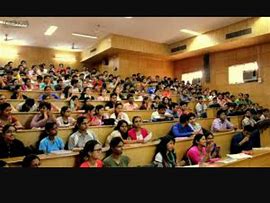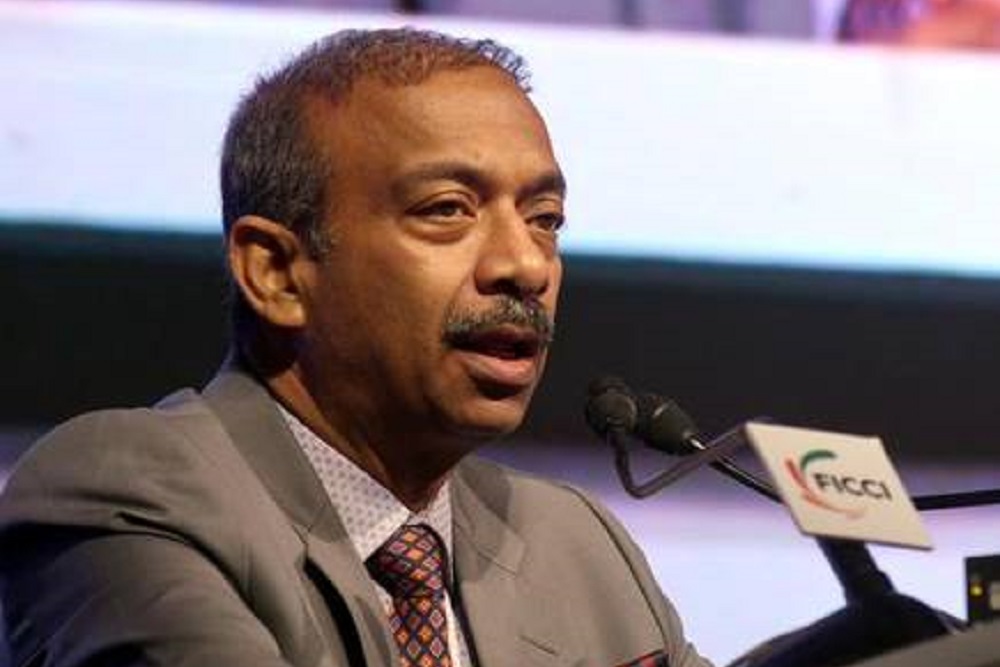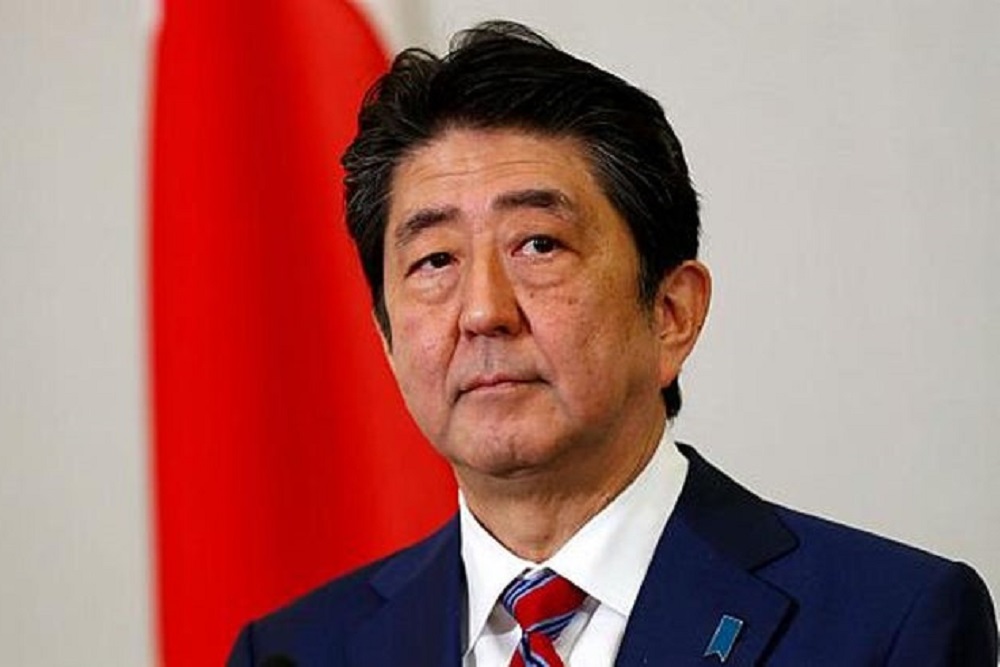Indian higher education system is a national curriculum which is a fixed set of courses ranging to geography to physics and planning to engineering, all instructions in English.
These courses were not coined by elite politicians but by bureaucrats and competent professors. The Indian higher education system imposes the curriculum on students through tests in colleges and other institutions of higher learning.
How does this curriculum serve India’s population?
It is a widely known fact that the engineering courses have failed miserably to meet the region’s needs. The type of engineering applied in Kerala should differ from that applied in Maharashtra based on the industries and enterprises of the region. There is no integration of engineering colleges to the society surrounding them.
The social sciences, especially UGC–NET curriculum, are taught in institutions higher learning. At the Bachelor of Arts level, social sciences are divided into many disciplines such as economics, political science, and sociology. As such, many activities in India are interdisciplinary. Activities such as bookkeeping by farmers, transportation of products and city governance are given a miss.
A course in Economics has 10 units and the very last unit is Indian Economics, where students learn about Kaldor, Marx, and Keynes. The study of micro-enterprises and common economic services like transport are missing. District Economic Surveys are not dealt with either.
Moving on to Sociology, students are introduced to 22 thinkers from the western world and only six Indian thinkers, with examples of Gandhi and Srinivas.
There is no inclusion of vital data such as census or Indian based developmental programs.
Indian higher education system promotes intellectualism
Indeed, the kind of learning in the Indian higher education system is not set to empower students to probe their reality, or to contribute constructively towards solving the problems in society. Rather, it is set to continue intellectualism which is a complete departure from what the society needs.
No social science course seeks to explain the Indian government’s documents or translate articles from a native Indian language into English. They forget Kosambi’s intervention who said that the cognition of material is gauged by a people’s first nod to freedom.
Therefore, the course in social sciences is also prone to structural limitations such as the engineering course. These conditions limit Indians from pursuing culture and set to improve material conditions.
This is the sole reason why higher education has been rendered a waste of resources. Higher education is the state business.
What could be done to the Indian higher education system?
Indian higher education system should have its own curriculum in order to offer jobs that are cut for the needs of its society. Role models should emerge to build bridges between jobs and the education curriculum with the provision of a conducive political environment.







